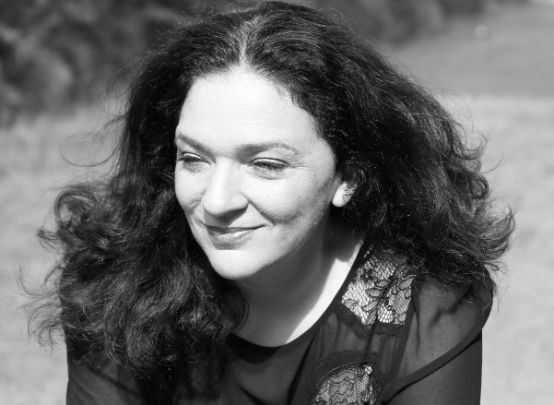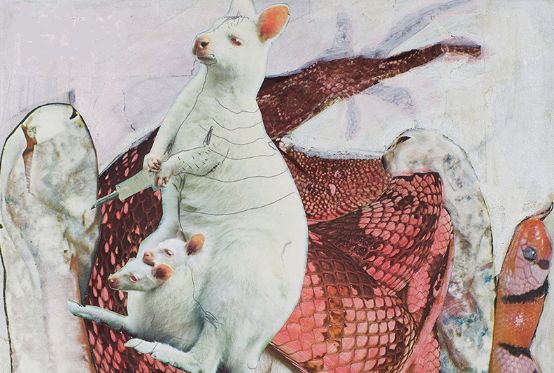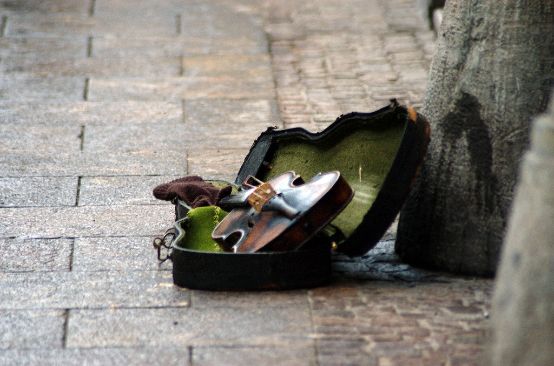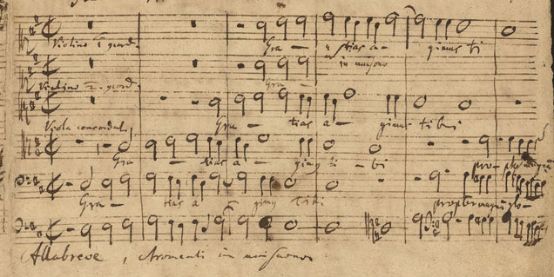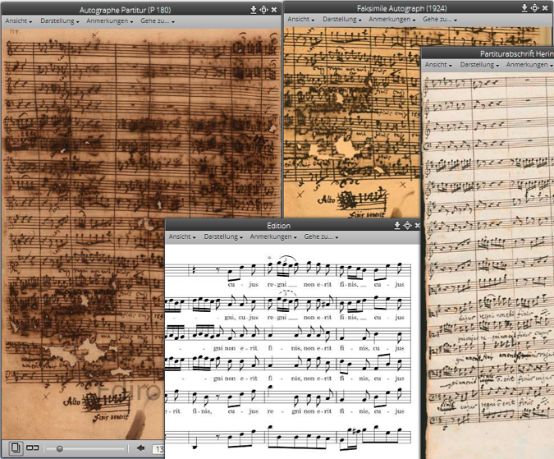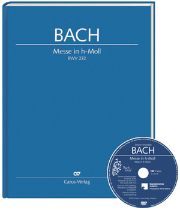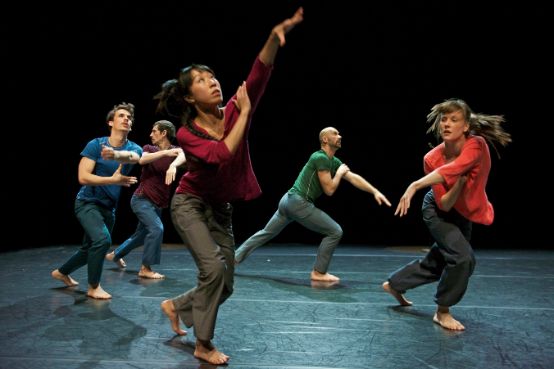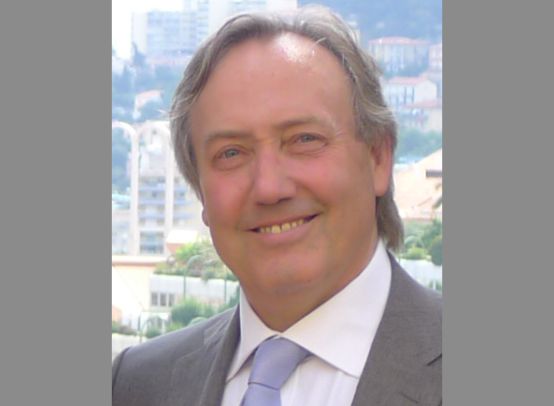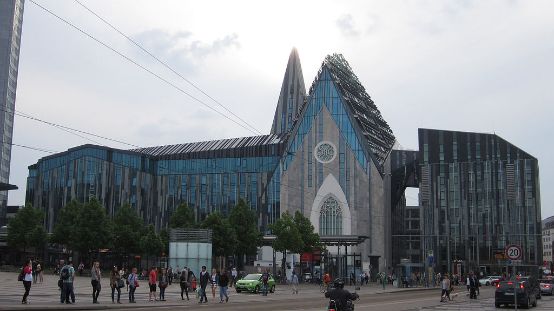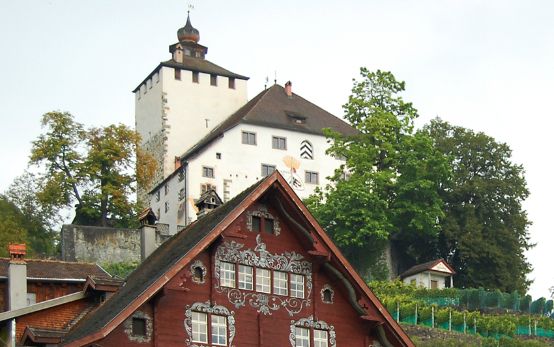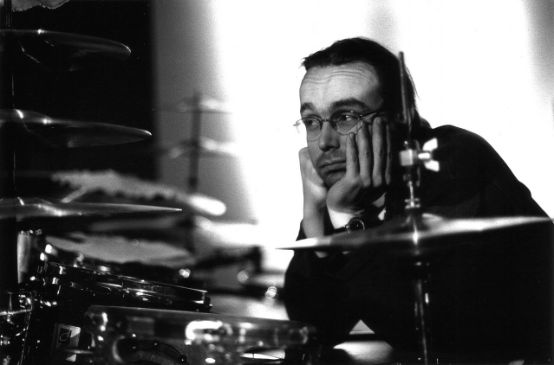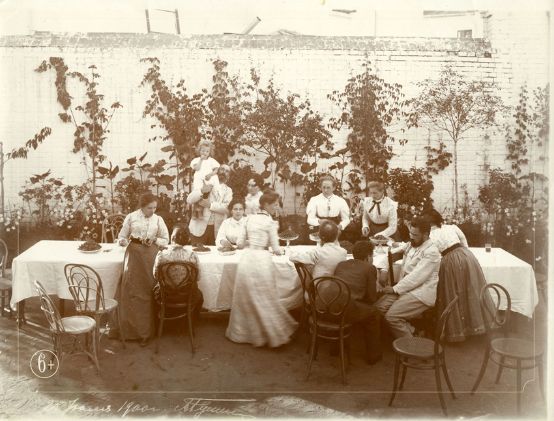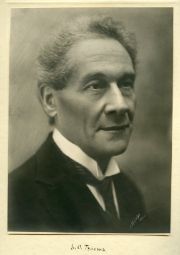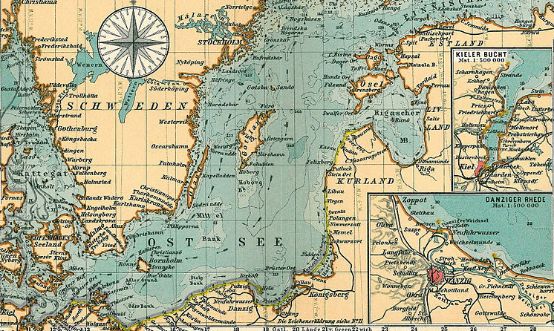The ordinal number "first" says it all: the Cultural Summit is to become a regular, probably annual event at which people from politics, the arts, business, cultural management and the authorities who are interested in culture and experienced in cultural policy discuss our country's cultural policy. The kick-off event at the Bern Kunsthalle was held under the patronage of Federal Councillor Alain Berset and was sponsored by SRG SSR, Pro Helvetia and Loterie Romande. Those present were welcomed by the co-presidents of the Parliamentary Group for Culture, National Councillors Jean-François Steiert and Kurt Fluri. The latter explained that, shortly before the consultation period for the 2016-2019 cultural dispatch expired, it was not a question of laying down the measures proposed therein. However, the term "national cultural policy" had raised eyebrows in various quarters, as cultural promotion in Switzerland is primarily a cantonal and communal task.
Political culture is also cultural policy
During the transition to Federal Councillor Alain Berset's speech, the moderator Eric Facon mistakenly referred to "culture politique" (political culture) instead of "politique culturelle" (cultural policy), a slip of the tongue that Federal Councillor Berset picked up on and suggested that the two presumably went together. This assumption was substantiated in his speech.
A cultural summit - he was probably thinking more of a fundamental reflection on culture than this event in felt-lined rooms - was as dangerous as mountaineering. Stumbling blocks could appear, crevasses could open up. The Minister of Culture quoted Alphonse Daudet's novel character Tartarin de Tarascon, who was afraid of the crevasses on his trip to Switzerland, whereupon he was reassured that the crevasses were padded with soft snow and a hotel porter was just waiting in the depths to take your luggage. "Not only Tartarin and many foreign observers are amazed at our country and our abysses, which are often not abysses at all. We ourselves are sometimes a little confused about the diversity of Switzerland or its contradictions, which is also a facet of diversity." In this diversity, but also in view of the drifting apart of scenes and groups, a consensus on the importance of culture and multilingualism is important.
When it comes to multilingualism, cultural policy and political culture are particularly closely linked. Learning another national language also has a cultural dimension and opens up access to the culture of others. In view of the move away from early French in some cantons and the preference for English, Berset emphasized: "If we no longer take the language issue seriously, we are weakening Switzerland from within." Does national cultural policy need to intervene here because the political culture of implementing jointly negotiated educational goals is being lost? The promotion of student exchanges across language borders and literary translations are certainly important components of the new cultural message. (In addition to foreign language teaching, the still outstanding implementation of the new constitutional article on music education, particularly in the area of school music, should also be considered).
"If compromises are abruptly terminated, politics becomes unpredictable. Switzerland loses one of its greatest strengths," continued Berset. Federalism only works if each canton also assumes its responsibility towards Switzerland as a whole. Cultural identity only arises from knowledge of one's own and the other. A coherent national cultural policy could not consist of wanting to create a national culture, but rather a joint effort to support cultural diversity. Without diverse cultural identities, we inevitably fall into the somewhat simple-minded attitude of defending one identity.
In the concluding panel discussion, moderator Roger de Weck, Director General of SRG SSR, had a difficult time identifying burning issues and areas of friction. The participants, Federal Councillor Berset, Brigitte Häberli, Member of the Council of States and Vice-President of the Science, Education and Culture Committee of the Council of States (WBK-S), Karin Niederberger, President of the Swiss Yodelling Association, Pedro Lenz, author and Walter Kielholz, Chairman of the Board of Directors of Swiss Re, are probably simply active in too many different areas.
Pedro Lenz, who gives around 200 readings a year and knows community libraries and clubs from Lake Constance to Lake Geneva, said that these small-scale structures are incredibly strong and well anchored. Fortunately! National cultural policy needs them. Crevasses only open up when they no longer see themselves as part of a whole.
